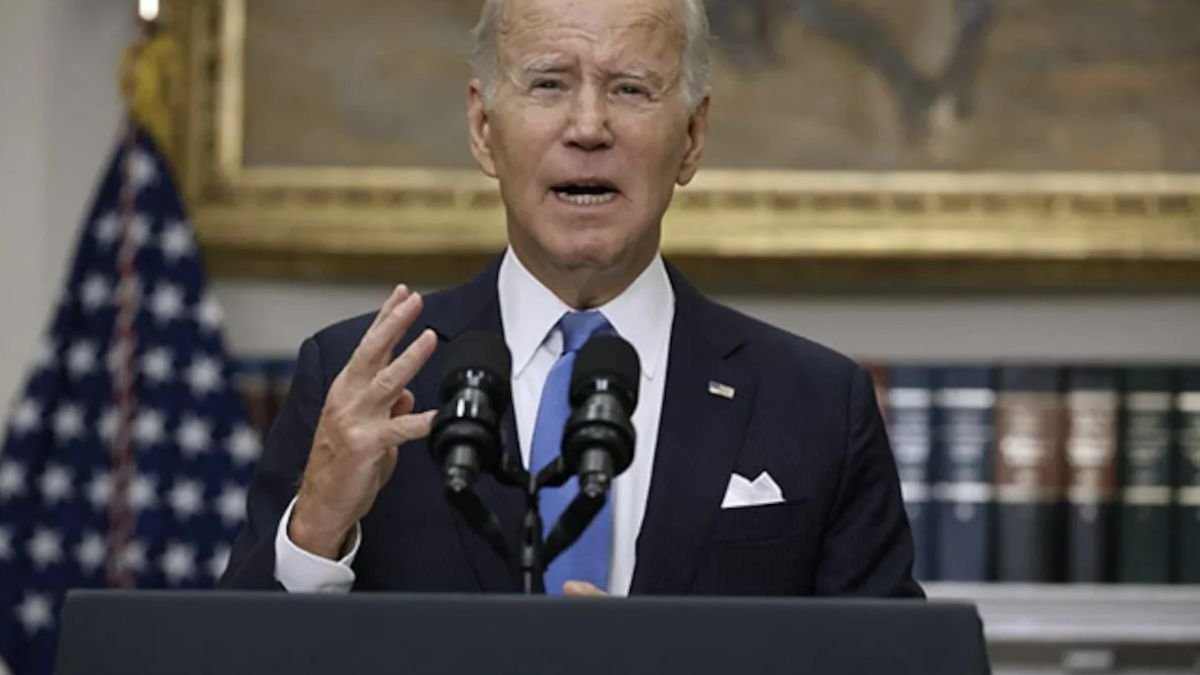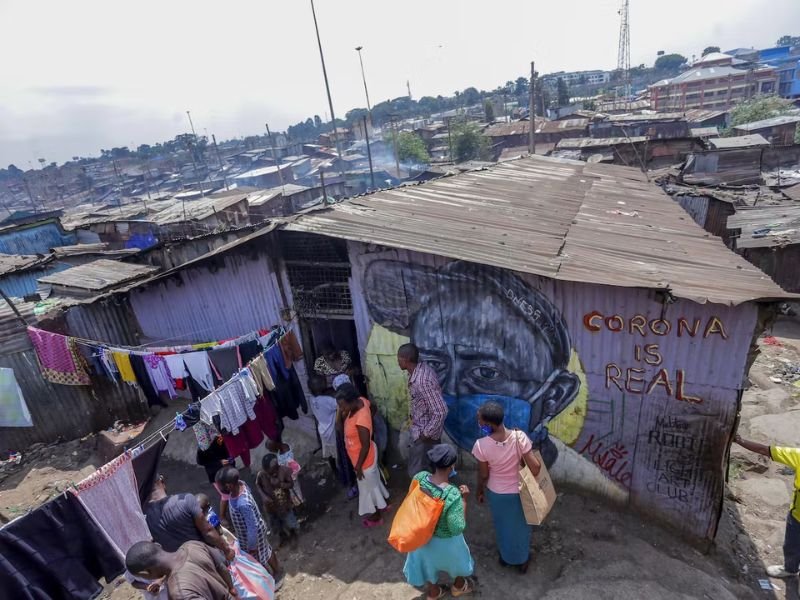On Heritage Day, I launched Build One South Africa (Bosa), a new political party that will appear on the ballot paper in 2024 as an umbrella body to unearth and elect homegrown leadership in communities across the country. After three years on the sidelines, I felt it was time to re-enter the fray and contribute to the fight for the country I adore.
I did so because I believe our political system is broken and our citizens are suffering as a result. I return to the arena with even more zeal and zeal to fix our politics so that our economy can grow and serve every citizen fairly.
Building a versatile and modern economy is critical to the development of a cohesive society. The truth is that the South African economy remains a concentrated model, with a small political and economic elite reaping the majority of the benefits. I’d like to outline a few ways we could change this pattern and help millions of people.
First, an unwavering focus on SMMEs and entrepreneurs. We need to consult with SMMEs to understand how regulation helps or hinders the growth of small businesses, and we need to completely overhaul SMME funding. An example is regional production of energy for consumption where it is produced, in conjunction with the provision of policy and infrastructure that supports our local economies. In addition, there is targeted support for the informal economy – micro-enterprises in townships.
A broader consultation with business organisations is required to determine which aspects of current labour legislation are impeding employment growth. Specifically, what needs to be changed and how best to encourage job creation and skill development. We would collaborate to drive private-public sector job creation that matches the skillset of South Africa’s 10 million unemployed.
Strategic relationships within our region and internationally have enormous economic development potential. Our relationship with the countries of the Southern African Development Community (SADC) must be reformed in order to form a trading bloc that promotes economic development and growth. We can conduct a review of the SADC visa process by following the development partnership model of the Association of Southeast Asian Nations.
I’ve consulted with energy experts about starting a process to overhaul our state-owned enterprises, the most important of which is Eskom. It focuses on diversifying our energy supply and incentivizing cities to increase their procurement of alternative energy sources. In collaboration with our SADC counterparts, the goal is to build an energy grid that encompasses an entire wheel of energy supply within five years.
President Cyril Ramaphosa has lamented the economic consequences of Covid-19, the riots in KwaZulu-Natal last year, and the global economic situation in terms of living costs. He fails to recognise, however, that these occurrences are either caused by – or demonstrate – the fact that our economy is dual in nature. Some participate, while many are excluded. Let’s start over.

South Africa’s empowerment policies should be rewritten to emphasise the hard quantitative measures of new job creation, job retention, tax payments, and export contributions made by investors.
We also propose the creation of a jobs and justice fund to which businesses will contribute empowerment funds and which will be managed by public finance professionals rather than politicians. The fund will ensure true empowerment by distributing funds to initiatives that bridge the gap between power and potential.
Our country’s public finances are on the verge of collapse; one-third of our national budget is spent on debt service. A bold financial repurposing effort is required to direct public funds to critical areas of growth and development.
The South African government currently spends R365 billion on social welfare grants. We will make certain that these advantages continue. Our priority will be to ensure that this money is used to stimulate both the rural and township economies by establishing local purchasing channels that ensure social grant money is circulated within local communities rather than being extracted by big business. All tax-registered small and micro businesses will be given access to cashless transactional tools. These SMMEs will be included in a large government-backed procurement platform.
We identified R500 billion in annual budgeted expenditure that is being defrauded by corrupt government officials based on a high-level expert-led due diligence exercise. We will immediately halt such spending, freeing up critical funds for our proposed initiatives.
Too few individuals and businesses pay the vast majority of taxes. The South African Revenue Service (SARS) is attempting to address this by casting a wider net of collection, focusing on those who are not paying any or all of the tax that they should be. SARS must be equipped and empowered to carry out its mandate; the agency must be protected from capture and allowed to hire the best and brightest talent South Africa has to offer. SARS should be a preferred employer for newly graduated finance professionals.
To alleviate the burden on new, primarily black, entrants into the economy, we propose a minor tax rebate for those who support family members, also known colloquially as “black tax.” As a young professional or new job entrant who can demonstrate to SARS that you directly support family members who faced discrimination as a result of apartheid, you may be eligible for tax breaks.
To assist the 12.4 million South Africans who are currently unemployed, immediate entry points into the labour market must be established. In this regard, we propose significantly expanding the public works programme. Unemployed people of working age should have the option of enrolling in paid community service projects that are within walking distance of their homes.
These could be administered privately or by the state and range from general clean-ups to community patrols and assistance with infrastructure repair or construction projects. These public works programmes will pay at the current public works programme rate of around R100 per day and provide one day of paid work per week. This initiative would cost the public purse around R30 billion per year.
Parallel to this initiative, we propose a complementary private-sector-led initiative that can provide unemployed people with the opportunity to accept employment from a private employer at a similar wage (R100 per day) and health and safety conditions as the public works programme.
Unemployment has a particularly negative impact on young South Africans. We must assist this segment of our society in becoming active participants and contributors to South Africa’s economy and long-term growth.
We propose instituting a voluntary national civilian service year to bridge the gap between school and the workforce. This year, matriculants will be able to enter work-based training in the fields of community healthcare, basic education, or policing, gaining valuable work experience while earning a small stipend.
Coalitions are difficult to navigate, but we refuse to be afraid of change. A change in government and the way we are governed will best serve our country. Build One South Africa will soon present models for effectively managing coalitions and constructing a future for all of our citizens.
Don’t forget to follow us on Facebook | Instagram | Twitter | LinkedIn to get the latest updates from Cape Town Tribune










